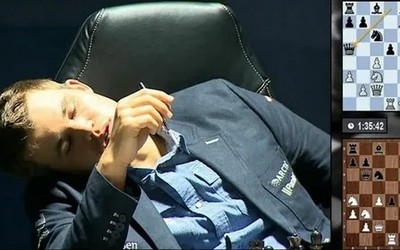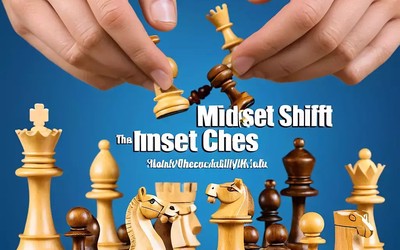
Selecting the Best Chess Tournament Category
Selecting the Best Chess Tournament CategoryWhen deciding which section to participate in for your tournament, consider the following without regrets:
If you opt for the higher section, you'll find ample chances for long-term growth as a player, though it comes with its own set of challenges. Conversely, the lower section offers immediate boosts to confidence and shorter-term progress.
Higher Section: Pros:
- Abundant learning opportunities
- Elevated motivation levels
- Less pressure to perform Cons:
- Possibility of more losses
- Facing opponents significantly stronger (by 400+ points)
- Risk of demotivation due to poor results
Lower Section: Pros:
- Competing for top ranks drives motivation
- More victories enhance self-assurance
- Potential for prize winnings Cons:
- Intense pressure to perform
- Fewer chances for learning
- Victories may feel too effortless
When considering which section of a chess tournament to participate in, the option of an open section can be enticing, especially if you have the opportunity to face titled players. However, it comes with its own set of challenges, primarily due to the potential for significant rating gaps between opponents, resulting in fewer learning opportunities.
If you find yourself contemplating between sections, it's essential to align your decision with your goals. If your aim is to impress by winning games, the lower section may be appealing. Conversely, if your focus is on maximizing learning and overall growth as a player, the higher section is more suitable. Additionally, the open section presents the possibility of facing grandmasters, which can be thrilling for some players.
Considering the focus on improvement, opting for the higher section is logical, albeit with associated risks. A poor tournament performance in this section could have a detrimental short-term effect, potentially impacting your enjoyment of the game. It's crucial to assess whether you can derive value and learning from the experience, even in the face of losses.
Reflecting on your mindset and ability to handle setbacks is key. Some players, like GM Vincent Keymer, demonstrate resilience in the face of adversity, using challenging experiences as opportunities for growth. However, if you're returning to over-the-board play after a hiatus or if it's your first tournament, a more conservative approach, such as participating in the lower section, may be advisable to maintain motivation and enjoyment.
Ultimately, simplify your decision-making process by asking two fundamental questions: What are your goals, and can you derive value from the experience regardless of outcomes? Embrace your decision, give your best effort in every game, analyze your performance, and learn from the overall experience. With each tournament, reflect on your choices to refine your decision-making for future events.
More blog posts by Skypelesson99

Thoughts during a chess match
Thoughts during a chess match
Transform Chess with Mindset Mastery
Transform Chess with Mindset Mastery
Real-Life Chess Success Stories
Real-Life Chess Success Stories